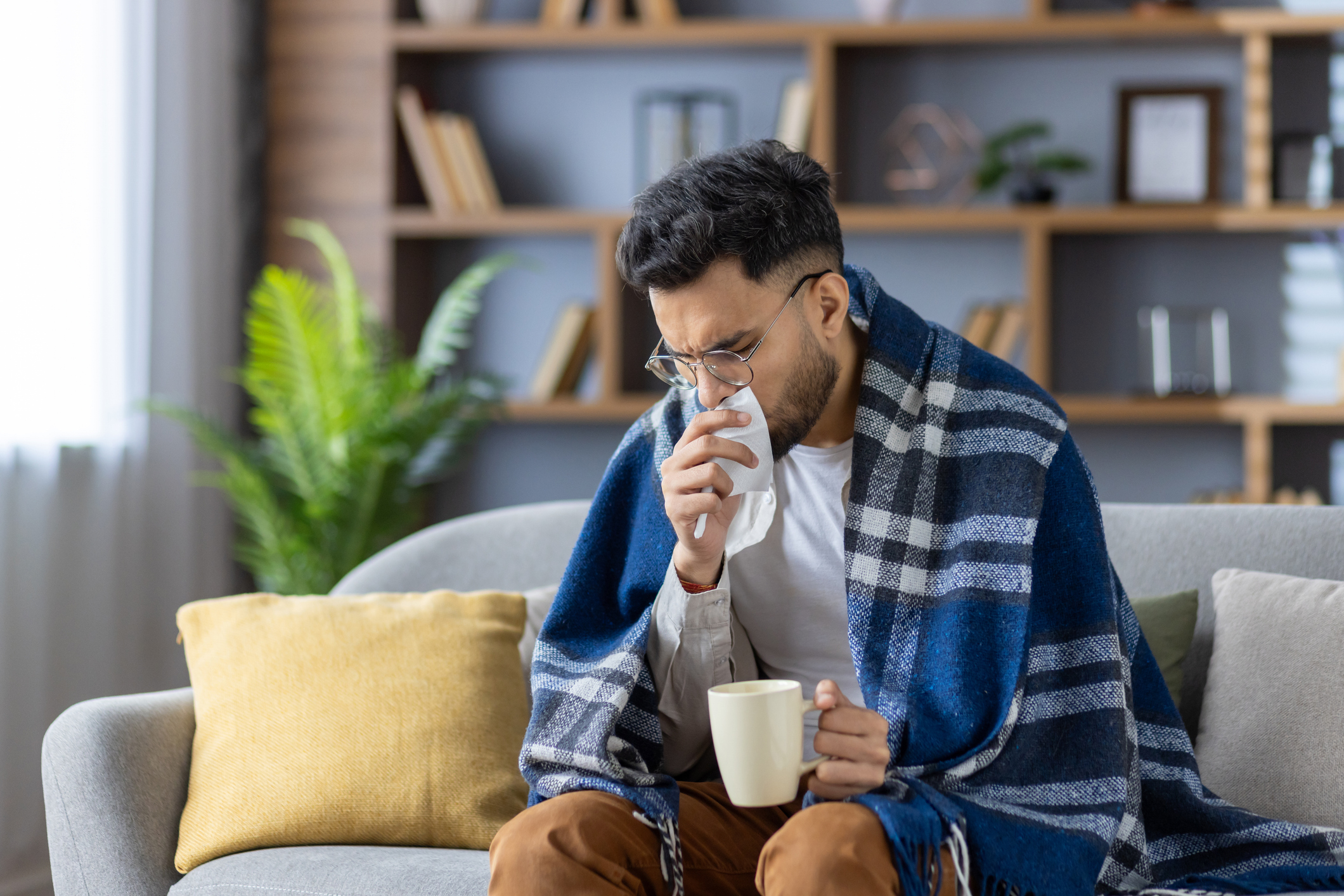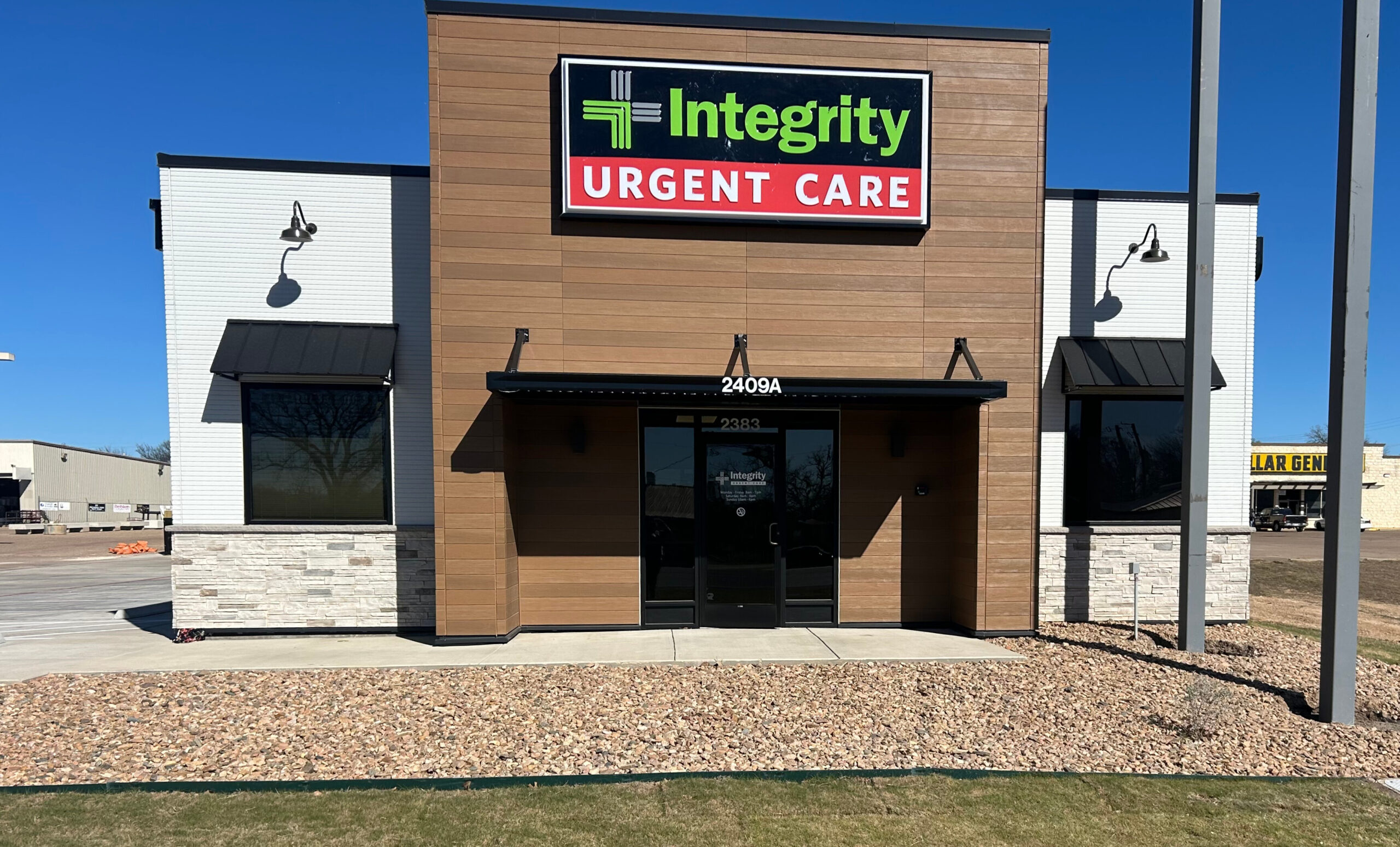There used to be a vignette on Sesame Street called “Everybody Sleeps.” It featured many different types of animals and people of different ages – all sleeping. It’s true – everyone does sleep – but how much sleep do you really need? Does the need decrease with age?
What exactly is sleep?
Even though you’re unconscious while asleep, your brain and body functions are still active. Sleep is a complex physiological process that helps you to process new information, stay healthy, and, in general, feel rested and alert.
During sleep, the brain cycles through five stages: 1, 2, 3, 4, and rapid eye movement (REM). Different things occur in each stage with a different pattern of brain waves during each one. Breathing and heart rate, as well as temperature, are slower or faster during different stages. Various hormones are released during different stages including growth hormones (which boost muscle mass and the repair of cells and tissues), sex hormones (which contribute to fertility and puberty), and cytokines (which help the immune system).
Do people need different amounts at different stages of life?
Yes. Kids need more sleep than adults because their growing bodies and brains need lots of energy and rest and recovery are necessary for proper development. The general recommendations for sleep are:
· Newborns: 16-18 hours per day
· Preschool-aged children: 11-12 hours per day
· School-aged children: At least 10 hours per day
· Teens: 9-10 hours per day
· Adults (including the elderly): 7-8 hours per day
It’s common for people to sleep fewer hours in middle age than in their 20s and 30s – seemingly while still feeling fine. But researchers say that it’s not that the requirements decrease, but rather that perception of sleep changes. Just like adaptation to cold or hot climates, the body can adapt to operating with less than optimal amounts of sleep. In the short term, the effects may not be that noticeable, but over time it will catch up to you. There is no evidence to support that adults need less sleep as they age, although older people may be easily awakened or find they spend less time in deep, restful sleep, however.
What happens if you don’t get enough sleep?
Sleep is important for overall health, and the effects of not getting enough are more than just feeling tired and sluggish. Sleep deprivation can affect your performance and the ability to think clearly and react quickly. Lack of sleep can cause you to take more risks and make poor decisions. Sleep deprivation is often likened to driving under the influence of alcohol and the effects of alcohol are compounded by lack of sleep. Sleep deprivation can affect your mood, leading to depression and anxiety. And, research has shown that lack of sleep, or poor-quality sleep, increases the risk of several physical conditions including Type 2 diabetes, high blood pressure, stroke, kidney disease, heart disease, and obesity.
How can I sleep better?
If you’re wondering if you’re getting enough sleep – in quality as well as quantity – ask yourself these questions: Is it hard to get up in the morning? Do I have trouble focusing during the day? Do I doze off (or want to doze off!) during the day (although feeling drowsy in the mid-afternoon is not always a sign of sleep deprivation but may be linked to blood sugar levels). If you answered yes, you may be sleep deprived. Try building in a little more time for sleep each night. Or, take a nap. If they don’t interfere with your ability to sleep at night, naps are fine and can be a great way to catch up.
Finally, don’t “freak out” about not getting the amount of sleep you think you should every night, says Michael Grandner (director of the Sleep and Health Research Center at the University of Arizona College of Medicine). “If you’re suffering from insomnia or if you feel terrible all the time due to lack of sleep, see a doctor. But it’s not going to kill you if you don’t get perfect sleep every night,” he adds. “If some nights you get seven or eight hours and others you get six, that’s okay.” In other words, don’t lose sleep over not getting enough sleep!
Remember, Integrity Urgent Care is here for all your non-emergency needs and an appointment is never needed at any of our four locations. Call us today if you have questions or concerns about your health.
Resources:
Heid M. Do you really need less sleep as you age? Time Health [online]. 12 Jul 2018 [accessed 17 Apr 2019]. http://time.com/5335937/do-you-need-less-sleep-as-you-age/
National Library of Medicine. Healthy sleep. MedlinePlus.gov [online]. Last updated 5 Mar 2019 [accessed 17 Apr 2019]. https://medlineplus.gov/healthysleep.html



